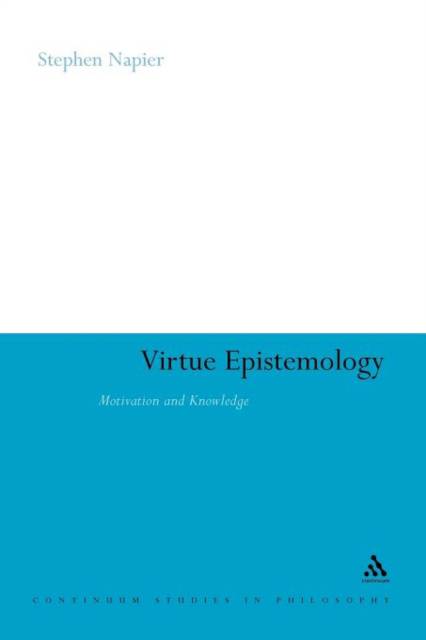
- Retrait gratuit dans votre magasin Club
- 7.000.000 titres dans notre catalogue
- Payer en toute sécurité
- Toujours un magasin près de chez vous
- Retrait gratuit dans votre magasin Club
- 7.000.0000 titres dans notre catalogue
- Payer en toute sécurité
- Toujours un magasin près de chez vous
Description
Contemporary epistemology debates have largely been occupied with formulating a definition of knowledge that is immune to any counterexample. To date, no definition has been able to escape unscathed.
Moving away from debates about definitions, Virtue Epistemology shows what conditions are essential for knowledge and applies this account to different domains. It proposes that agents must be motivated correctly to acquire knowledge, even in the case of perception.
Stephen Napier examines closely the empirical research in cognitive science and moral psychology to build an account of knowledge wherein an agent must perform acts of virtue in order to get knowledge. In so doing, Napier provides answers to two key questions: 'what is knowledge?' and 'how do we get it?'
Spécifications
Parties prenantes
- Auteur(s) :
- Editeur:
Contenu
- Nombre de pages :
- 184
- Langue:
- Anglais
- Collection :
- Tome:
- n° 31
Caractéristiques
- EAN:
- 9781441160584
- Date de parution :
- 05-01-12
- Format:
- Livre broché
- Format numérique:
- Trade paperback (VS)
- Dimensions :
- 156 mm x 234 mm
- Poids :
- 267 g

Les avis
Nous publions uniquement les avis qui respectent les conditions requises. Consultez nos conditions pour les avis.






